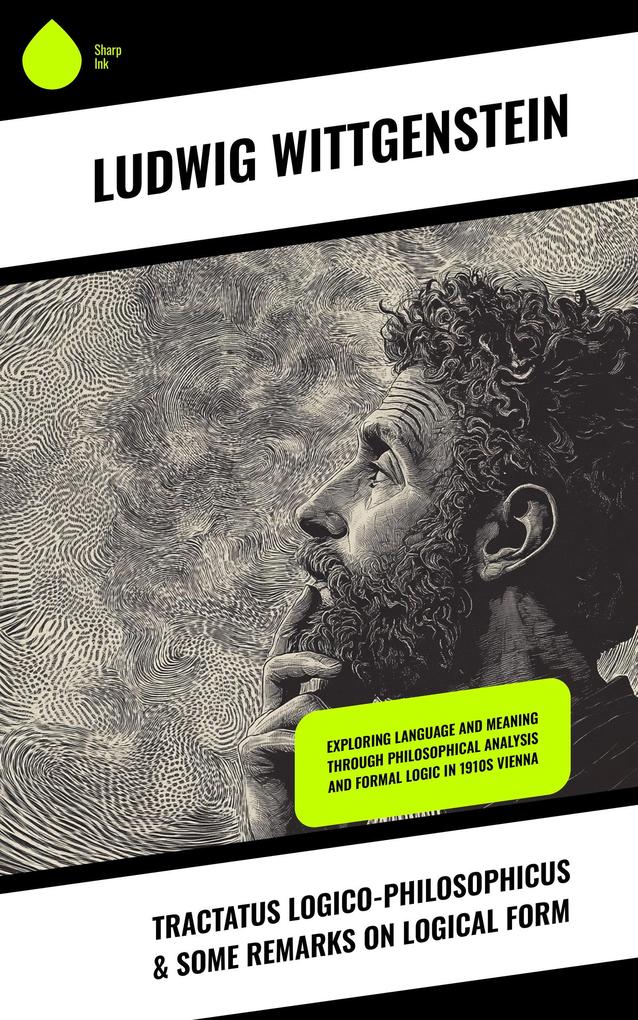
Sofort lieferbar (Download)
Ludwig Wittgenstein's "Tractatus Logico-Philosophicus & Some Remarks on Logical Form" presents a profound investigation into the relationship between language, thought, and reality. Employing a terse and aphoristic style, the Tractatus is structured in numbered propositions that unfold Wittgenstein's revolutionary ideas about logical atomism and the delineation of sense; he articulates the limits of language and contemplates what can meaningfully be said. The work is situated within the context of early 20th-century analytic philosophy, positioning itself as a critical response to the idealist philosophy of his predecessors while laying the groundwork for subsequent philosophical inquiry and the development of logical positivism. Wittgenstein, born in Vienna to a family of cultural prominence, was deeply influenced by his environment and the philosophical currents of his time. His rigorous training in engineering, combined with his philosophical explorations under Bertrand Russell, culminated in his unique approach to language's function. This synthesis of technical precision and philosophical depth imbues his work with an urgency and clarity that continue to resonate in contemporary discussions of linguistics and philosophy of language. "Tractatus Logico-Philosophicus & Some Remarks on Logical Form" is essential for anyone seeking to understand the foundations of modern philosophical thought and the limits of human understanding. Philosophers, linguists, and anyone intrigued by the interplay between logic and language will find Wittgenstein's insights both challenging and enlightening, offering a crucial lens through which to engage with the complexity of communication and meaning.
Produktdetails
Erscheinungsdatum
09. April 2025
Sprache
englisch
Dateigröße
0,58 MB
Autor/Autorin
Ludwig Wittgenstein
Verlag/Hersteller
Kopierschutz
mit Wasserzeichen versehen
Produktart
EBOOK
Dateiformat
EPUB
ISBN
9788028389178
Entdecken Sie mehr
Bewertungen
0 Bewertungen
Es wurden noch keine Bewertungen abgegeben. Schreiben Sie die erste Bewertung zu "Tractatus Logico-Philosophicus & Some Remarks on Logical Form" und helfen Sie damit anderen bei der Kaufentscheidung.









